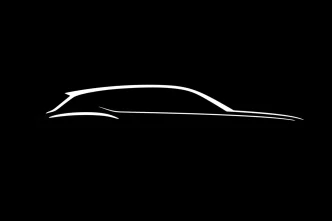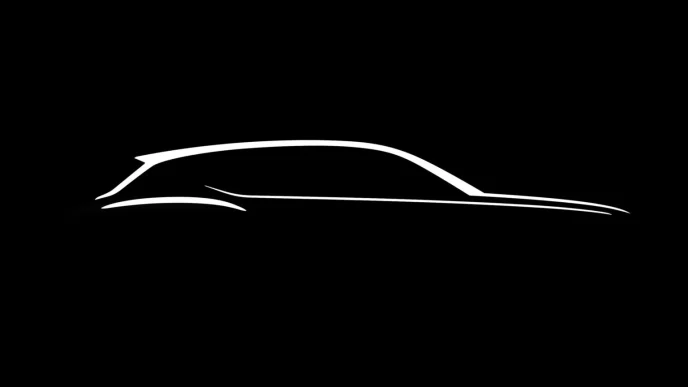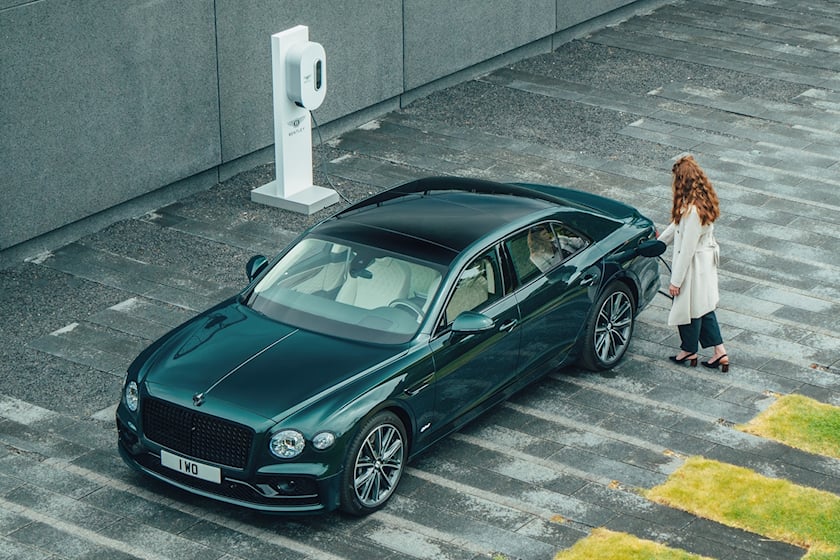Bentley has revised its strategy towards an all-electric future, opting for a more gradual transition by focusing on hybrid technology in the interim.
The luxury automaker, known for its powerful combustion engines, now plans to integrate plug-in hybrids while continuing to develop electric vehicles (EVs), a shift from its previous plan to fully commit to EVs by 2030.
Initially, Bentley announced in 2020 that it would sell only plug-in hybrids or battery-electric vehicles by 2026, with the goal of going fully electric by the end of the decade. However, under the new leadership of Frank-Steffen Walliser, a Porsche veteran who played a pivotal role in developing the hybrid 918 Spyder, the brand is adjusting its approach.
Walliser recently highlighted that the luxury market has been slower to embrace EV technology than expected. “What we see in the luxury market right now [is that] people reject electric cars,” he told Car and Driver. “They consider luxury cars only with the combustion engine.”
The company believes hybrids offer a more feasible solution for now, allowing Bentley to meet both consumer preferences and sustainability goals. Walliser also emphasized the potential of synthetic e-fuels, which Bentley is exploring in collaboration with Porsche’s large-scale e-fuel production facility in Chile. He noted that e-fuels can help lower the carbon footprint without entirely eliminating combustion engines. “Hybrids… can work for a lot of customers, it can fulfill their needs,” he added.
While Bentley remains committed to electrification, its first fully electric vehicle is expected to be unveiled in 2026, with a market launch in 2027. Walliser has indicated that this EV will be a new model rather than a replacement for any existing vehicle in Bentley’s lineup. The brand’s ambition remains to transition fully to electric by the mid-2030s, although hybrid technology and e-fuels will likely play a significant role in the years leading up to that shift.







